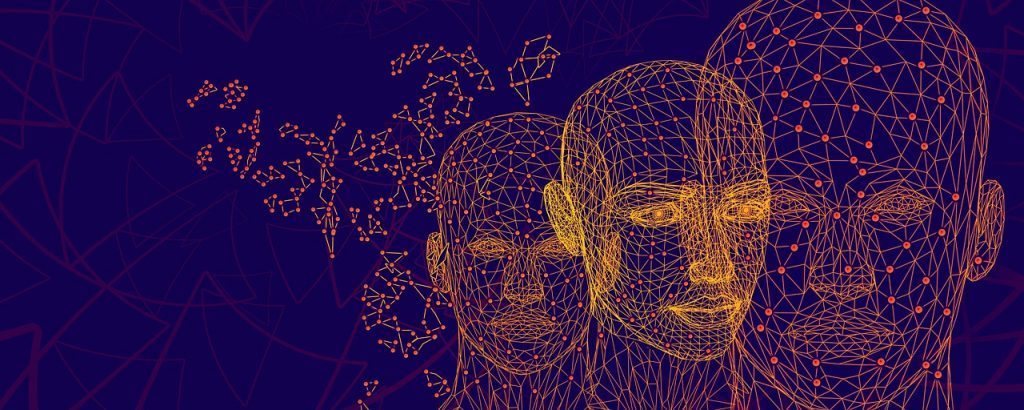General Psychology final exam Questions and Answers
30 November 2021 2021-12-08 14:30General Psychology final exam Questions and Answers

General Psychology final exam Questions and Answers: Psychology is the science of mind and behavior. Psychology includes the study of conscious and unconscious phenomena, including feelings and thoughts. It is an academic discipline of immense scope, crossing the boundaries between the natural and social sciences.
Why psychology is important in our daily life
https://youtu.be/t2Z-w4eYQow
Why Psychology is important in our daily life? Well, Psychology allows us to gain more understanding on how our bodies and mind work together. This knowledge can help with decision-making and avoiding stressful situations. It can help with time management, setting and achieving goals, and living effectively.
On this page you will find Psychology study resources, which include the following:
- questions and answers for assignments,
- exams, and tests assessments,
- textbooks,
- past papers on pdf format,
- essay topics,
- study guides; as well as
- quizzes for students.
Howandwhen.org helps students and teachers of Psychology subject all over the world to fully prepare their lessons and prepare for the examinations.
General Psychology Study Resources; Questions and Answers per Topic
- Introducing Psychology
- Psychology as a Science
- The Evolution of Psychology: History, Approaches, and Questions
Major Perspectives of Psychology
- Introduction to Major Perspectives
- Biological Psychology
- Psychodynamic Psychology
- Behaviourist Psychology
- Humanist, Cognitive, and Evolutionary Psychology
- Scientific Method to Guide Research
- Descriptive, Correlational, and Experimental Research Designs to Understand Behaviour
- Informed Consumer of Psychological Research
- The Neuron Is the Building Block of the Nervous System
- Our Brains Control Our Thoughts, Feelings, and Behaviour
- Psychologists Study the Brain Using Many Different Methods
- Putting It All Together: The Nervous System and the Endocrine System
- We Experience Our World through Sensation
- Seeing
- Hearing
- Tasting, Smelling, and Touching
- Accuracy and Inaccuracy in Perception
- Sleeping and Dreaming Revitalize Us for Action
- Altering Consciousness with Psychoactive Drugs
- Altering Consciousness without Drugs
- Conception and Prenatal Development
- Infancy and Childhood: Exploring and Learning
- Adolescence: Developing Independence and Identity
- Early and Middle Adulthood: Building Effective Lives
- Late Adulthood: Aging, Retiring, and Bereavement
- Learning by Association: Classical Conditioning
- Changing Behaviour through Reinforcement and Punishment: Operant Conditioning
- Learning by Insight and Observation
- Using the Principles of Learning to Understand Everyday Behaviour
- Memories as Types and Stages
- How We Remember: Cues to Improving Memory
- Accuracy and Inaccuracy in Memory and Cognition
- Defining and Measuring Intelligence
- The Social, Cultural, and Political Aspects of Intelligence
- Communicating with Others: The Development and Use of Language
- The Experience of Emotion
- Stress: The Unseen Killer
- Positive Emotions: The Power of Happiness
- Two Fundamental Human Motivations: Eating and Mating
- Personality and Behaviour: Approaches and Measurement
- The Origins of Personality
- Is Personality More Nature or More Nurture? Behavioural and Molecular Genetics
Defining Psychological Disorders
- Psychological Disorder: What Makes a Behaviour Abnormal?
- Anxiety and Dissociative Disorders: Fearing the World Around Us
- Mood Disorders: Emotions as Illness
- Schizophrenia: The Edge of Reality and Consciousness
- Personality Disorders
- Somatoform, Factitious, and Sexual Disorders
Treating Psychological Disorders
- Reducing Disorder by Confronting It: Psychotherapy
- Reducing Disorder Biologically: Drug and Brain Therapy
- Reducing Disorder by Changing the Social Situation
- Evaluating Treatment and Prevention: What Works?
Psychology in Our Social Lives
- Social Cognition: Making Sense of Ourselves and Others
- Interacting With Others: Helping, Hurting, and Conforming
- Working With Others: The Costs and Benefits of Social Groups


